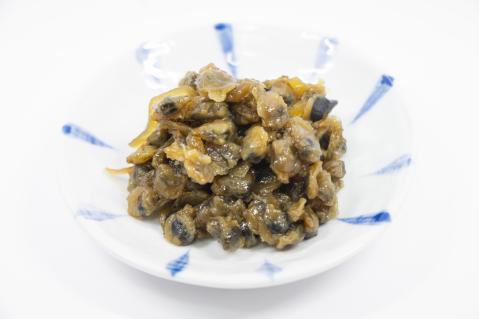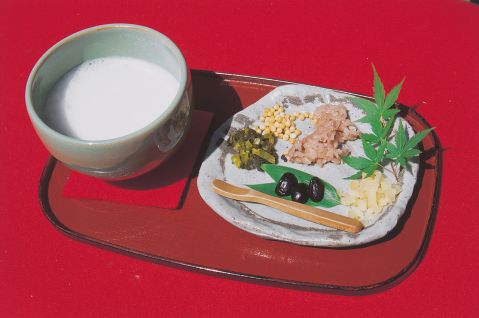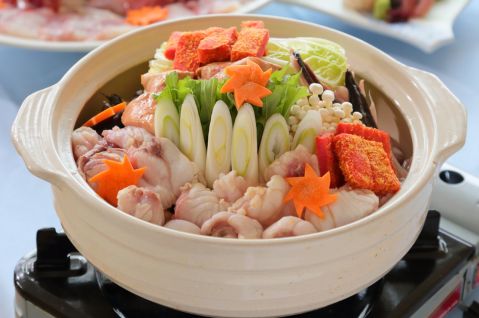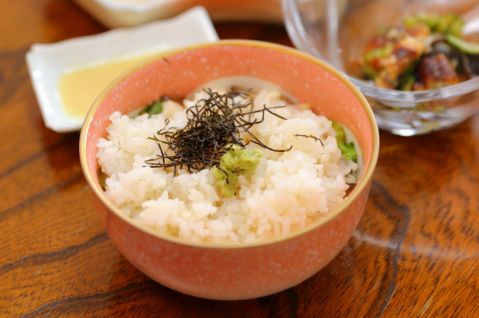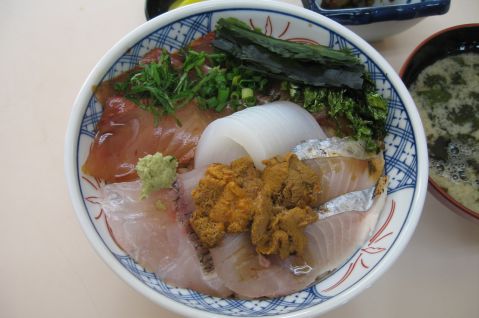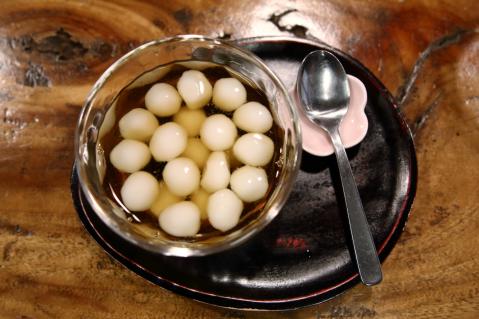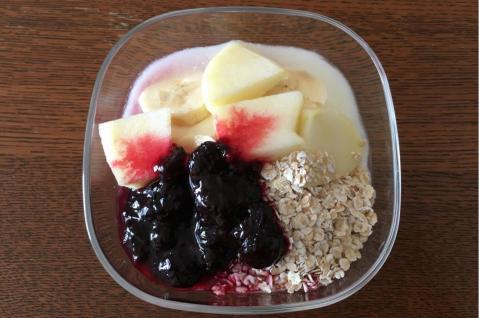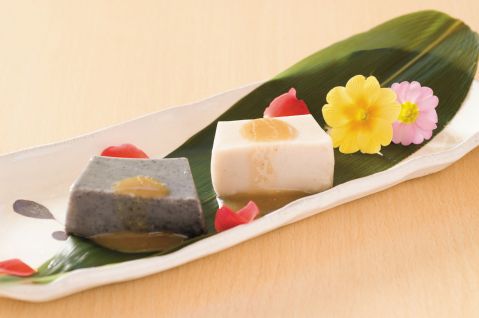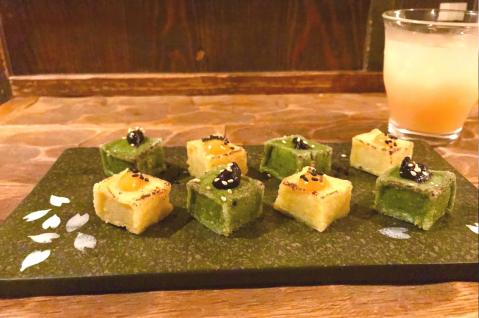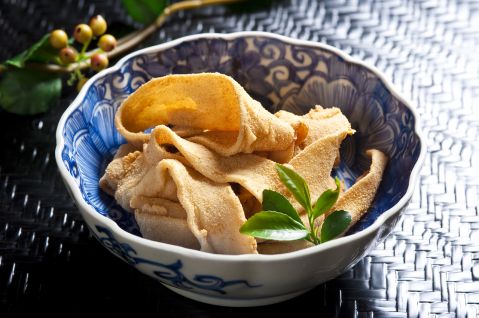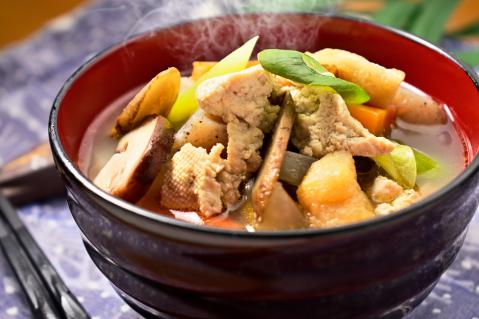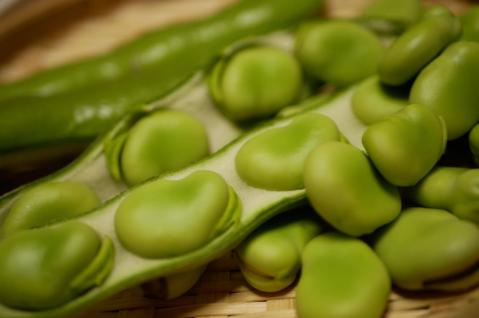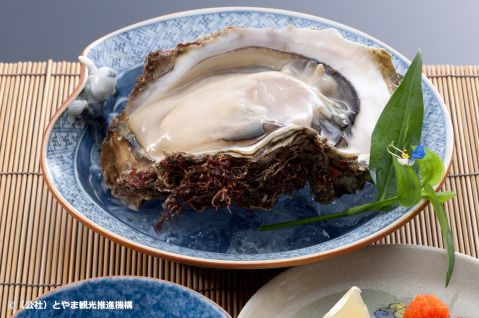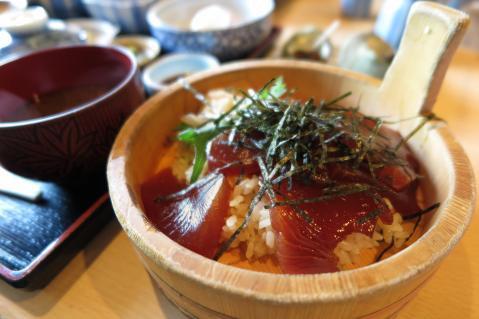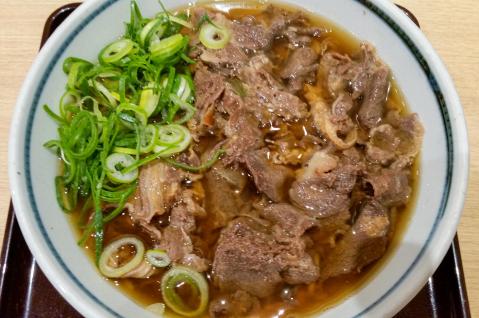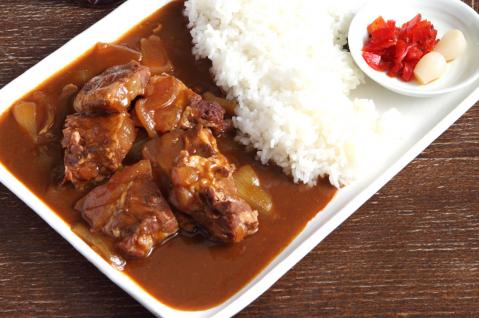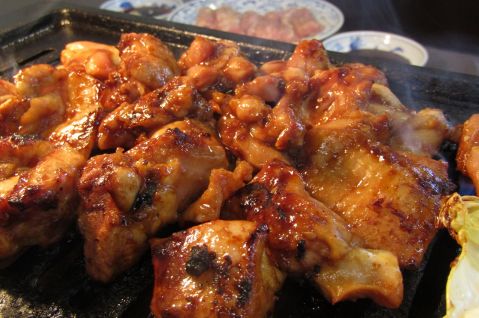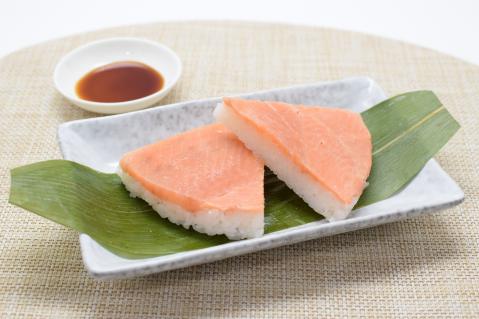Kashiwa Mochi
A traditional treat from Shimane, wrapped in aromatic leaves of Smilax
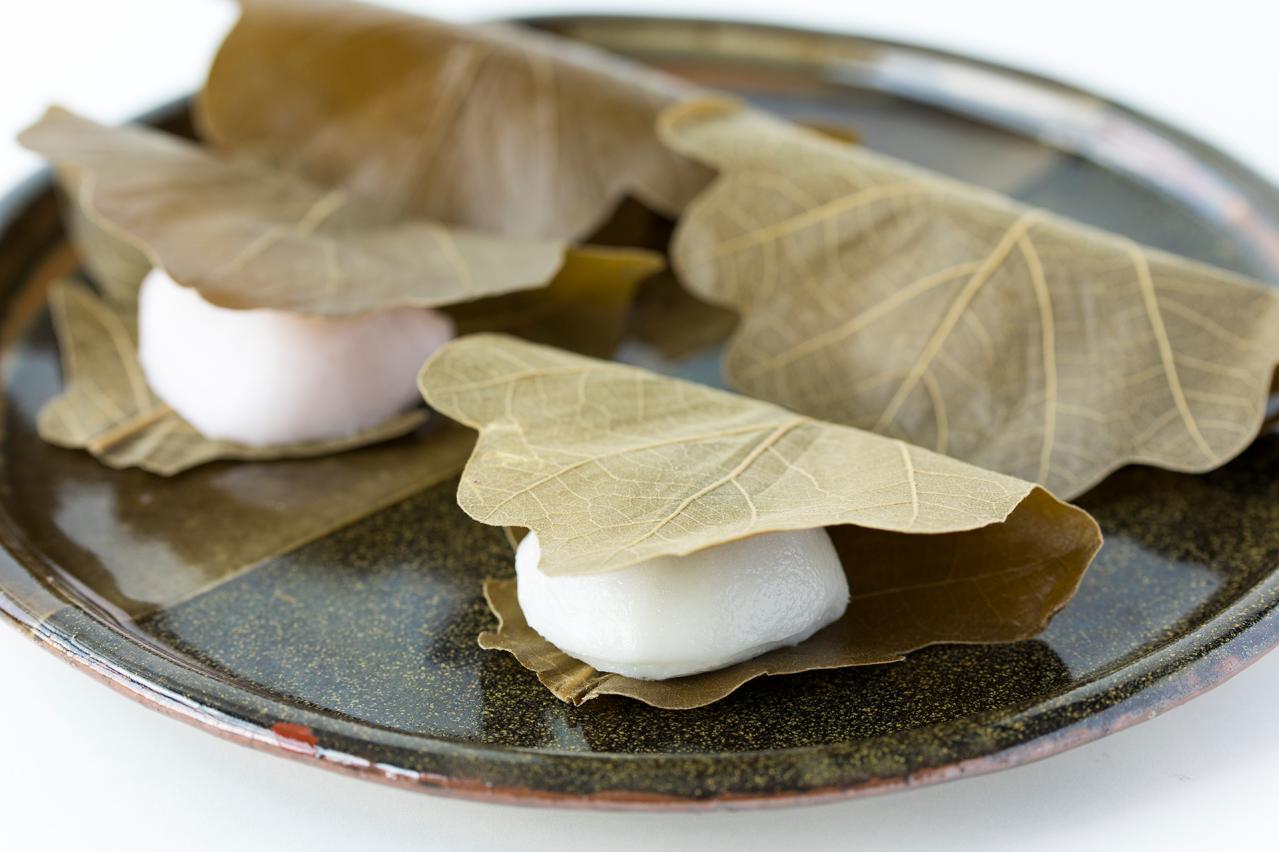
About Kashiwa Mochi
Kashiwa Mochi (かしわ餅, Kashiwa Mochi) is a traditional Japanese sweet cherished across Shimane Prefecture. It is often made during the seasonal celebration of Boys’ Festival (Tango no Sekku) and the rice planting ritual known as "mud washing" (doro otoshi).
While Kashiwa Mochi is commonly wrapped in oak leaves in most parts of Japan, Shimane's version uses the leaves of the Smilax plant (locally known as Katara or Sankirai). Oak trees are not native to this region, and the Smilax leaves, when steamed, infuse the mochi with a unique and delightful fragrance.
The dough is crafted by kneading a mix of glutinous rice flour and regular rice flour with water. Inside, it is filled with moderately sweet red bean paste or broad bean paste. When steamed, the combination of the mochi's tender, chewy texture and the fragrant Smilax leaves delivers a simple yet profound flavor experience.
In different parts of Shimane, this treat is known by various names: "Katara Mochi" in the eastern region, “Maki” in the west, and "Katari Manji" on the Oki Islands. Families often come together during seasonal events to gather Smilax leaves and make Kashiwa Mochi, capturing a heartfelt tradition nurtured by Shimane's landscape and culture.
We invite you to savor this special taste, a unique blend of Shimane’s nature and tradition.
Related videos
Reviews
There are no reviews yet.
Regional cuisine of Shimane region
Japanese Cuisine - Local cuisine
Kind of food
Recommended
-
![Kenchin Soup]()
Kenchin Soup
Tochigi / >Nabe dish -
![Broad Beans]()
Broad Beans
Kagoshima / >Local cuisine -
![Deep-Seawater Purified Oysters]()
Deep-Seawater Purified Oysters
Toyama / >Seafood -
![Tekone Sushi]()
Tekone Sushi
Mie / >Sushi -
![Horse Meat Soba]()
Horse Meat Soba
Kumamoto / >Soba & Udon -
![Misawa Paika Dish]()
Misawa Paika Dish
Aomori / >Local cuisine -
![Matsusaka Grilled Chicken]()
Matsusaka Grilled Chicken
Mie / >Meat dish -
![Masu no Sushi]()
Masu no Sushi
Toyama / >Sushi

